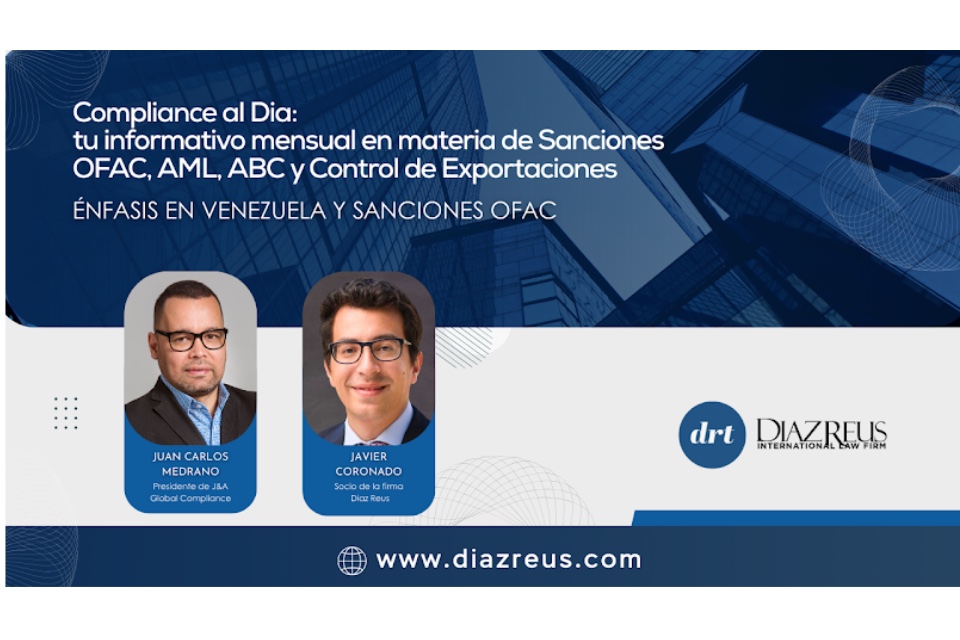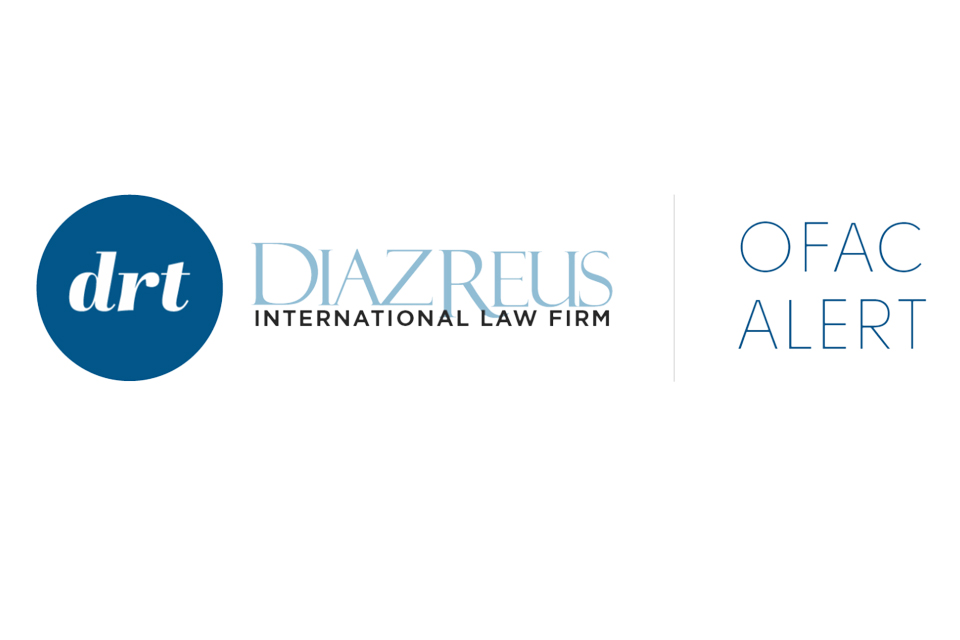November 21, 2023 By Alexander Lugo
Enforcement is stepping up in Florida as its financial sector matures, and crypto is leading the charge.
A year since FTX’s downfall began, crypto lawyers are seeing more enforcement in the space.
But there is also plenty of opportunity to cash in on legitimate businesses id investors are careful.
South Florida’s growth has led to a ramp up of the region’s financial sector. It has also led to more work for prosecutors, especially in the faltering crypto sector.
Almost exactly a year ago, FTX’s collapse was beginning to send shockwaves through the financial world. Today, South Florida’s financial sector looks more mature while crypto is still struggling to shake off the negative energy that’s accompanied its slide and enforcement efforts are still winding through the courts.
“As a practitioner, you see a lot of crypto-related cases. I don’t know if it’s putting more of a burden on the courts, but it’s a growing presence,” said Mark Kornfeld, a Florida-based shareholder at Buchanan Ingersoll & Rooney. “We’re seeing more enforcement and civil cases pop up in Florida involving financial services, especially in the crypto space.”
Kornfield sees a crypto industry currently “under siege,” with FTX just marking the beginning of the sector’s reckoning. But, like the dot-com bubble in the ‘90s, he says there’s still plenty of legitimate opportunities within the space. Investors just have to be cautious.
Event
Complex Claims & Litigation Forum 2024
The conference experience aimed to help insurers and litigators Prevent, Prepare, and Prevail in complex claims cases and risks.
Get More Information Get More Information
“No one should be looking at Sam Bankman-Fried in isolation. He’s just the beginning of cases like that,” Kornfield said. “This isn’t the safest arena to be traveling in. It doesn’t mean there won’t be legitimate platforms, it just means investors need to do more due diligence to avoid risk.”
Also reminiscent of the dot-com bubble days, Kornfield says many are still waiting for the government to give coherent guidance on how to navigate the sector. In the early days of crypto, the industry saw little oversight. Now that the government is taking notice, people are blaming that limited oversight for fraud that’s bubbled up throughout the industry.
“There was a fever in this industry when it wasn’t regulated and it was creating chaos. This reminds me a lot of the rise of the internet. People were throwing millions of dollars at it; then, when the government came around to enforce it, people were claiming there was no government guidance leading them in the right direction,” Kornfield said.
Now, after the government has taken a more active role, there’s growing discussion surrounding the idea that some of the crypto players should leave the U.S. and head to less regulated jurisdictions, he said.
But the reverse may also be true as many Latin American nations are seeing increased scrutiny by regulators as well. Generally, the region is experiencing flight of capital, which is increasingly showing up in Miami, said Nicolle Lafosse, a Miami-based counsel focused on crypto cases at Diaz Reus.
That capital flight in the crypto space is accompanied by substantial litigation involving crypto players that moved to Miami, said Lafosse. Whether it’s fraud schemes coming to light or investors doing more due diligence, the sector is still alive for Miami’s crypto lawyers.
But beyond all the bad actors being weeded out, Lafosse says there’s also plenty of legitimate business being done in the industry.
“There’s still a lot going on. It’s just not obvious to the naked eye; and, unless you’re working within that industry, you won’t see it because all the PR that’s going out is for lawsuits and fraud,” she said. “There’s a lot being built from the area of startups and the financial influx from Latin America, which is huge when it comes to crypto exchanges.”














